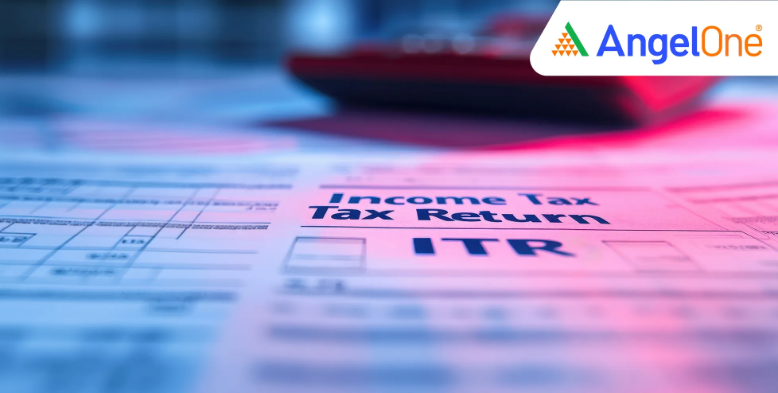
Selling a house, plot, or agricultural land often brings the worry of paying capital gains tax. But the good news is that the Income Tax Act, 1961, offers several ways to reduce or even avoid this tax. 9 key sections provide exemptions or relief, helping homeowners, farmers, and businesses save money by reinvesting the sale proceeds wisely.
Most people know about Section 54 and Section 54F. Section 54 gives an exemption if you sell a residential house and use the money to buy another residential house in India. Section 54F is similar but applies when you sell any other long-term asset, like land, shares, or gold and invest the gains in a residential property. Both require reinvestment within certain time limits to claim a full exemption.
These exemptions are not the same for everyone. For example, Section 54 only applies if you sell a residential house, while Section 54F covers other assets. Missing deadlines or not properly using the Capital Gains Account Scheme can cause you to lose these benefits. So, it’s important to understand which section fits your situation before making investment decisions.
Read more: Planning to Skip ITR Filing FY25? Here’s What the IT Department Wants You to Know.
The Income Tax Act provides many options to reduce or avoid capital gains tax on the sale of property or land. Whether you’re a homeowner, farmer, or business owner, understanding these sections can help you save significant tax by reinvesting in the right way.
Disclaimer: This blog has been written exclusively for educational purposes. The securities mentioned are only examples and not recommendations. This does not constitute a personal recommendation/investment advice. It does not aim to influence any individual or entity to make investment decisions. Recipients should conduct their own research and assessments to form an independent opinion about investment decisions.
Published on: Sep 10, 2025, 9:20 AM IST

We're Live on WhatsApp! Join our channel for market insights & updates
